OpenAI woos UK government amid consultation on AI training and copyright
While copyright holders are up in arms about government proposals, OpenAI says giving it broad access will be good for the UK economy


OpenAI is fighting back against the UK government's proposals on how to handle AI training and copyright.
The government's 'preferred option' is to change current copyright law to allow AI firms to use public content for commercial training purposes without permission from the rights holders, unless those rights holders specifically opt out.
The proposals, which form part of the Data (Use and Access) Bill, are seen as deeply unfair by rights holders - but AI firms think they don't go far enough.
OpenAI said in its response to the public consultation that it wants to see text and data mining exempted from any opt-out.
It's the only way the UK can build on its current AI potential, the firm said, claiming that a broad text and data mining (TDM) exception could address specific rights holder concerns - and even create new opportunities for them.
Similarly, the tech giant warned that opt-out systems haven't worked well in the EU.
"In the EU, the lack of clear and scalable technical standards has created uncertainty about what opt-out methods are workable and valid, causing uncertainty for both AI companies and rightsholders," it said.
Get the ITPro daily newsletter
Sign up today and you will receive a free copy of our Future Focus 2025 report - the leading guidance on AI, cybersecurity and other IT challenges as per 700+ senior executives
"In contrast, the US approach has sustained American leadership in earlier technological waves and now AI. The UK has a rare opportunity to cement itself as the AI capital of Europe by making choices that avoid policy uncertainty, foster innovation, and drive economic growth."
Needless to say, other firms are taking a similar stance.
"Regulators should avoid heavy-handed blanket requirements such as authors always giving permissions in advance. It is hardly possible in practice and would only make AI companies turn away from the UK and the EU," said Denas Grybauskas, chief governance and strategy officer at Oxylabs.
"Thus, the regulation should fairly balance the interests of AI developers and copyright holders in order to honor their rights without sabotaging AI innovation."
The proposals are also in line with recommendations from the Tony Blair Institute For Global Change think tank, which last week released a report claiming there are “better ways of supporting the creative industries in the digital age than through restrictive copyright laws for AI-model training”.
Creatives hit back over copyright concerns
Authors, though, are up in arms. There were protests outside Meta's Kings Cross headquarters last week, for example, after it was claimed that the firm had mined millions of books for its AI training.
The organizers, the Society of Authors, are calling for an urgent meeting with secretary of state for culture, media and sport, Lisa Nandy, describing the proposals as "the biggest wholesale attack on British books in history".
The government is expected to publish its response to the consultation by October.
Culture minister Sir Chris Bryant told MPs this week, "Anything that we do in relation to AI and copyright will only proceed if we can make sure that there is more control and more remuneration for the creative industries at the end of it, rather than less".
MORE FROM ITPRO
Emma Woollacott is a freelance journalist writing for publications including the BBC, Private Eye, Forbes, Raconteur and specialist technology titles.
-
 M&S suspends online sales as 'cyber incident' continues
M&S suspends online sales as 'cyber incident' continuesNews Marks & Spencer (M&S) has informed customers that all online and app sales have been suspended as the high street retailer battles a ‘cyber incident’.
By Ross Kelly
-
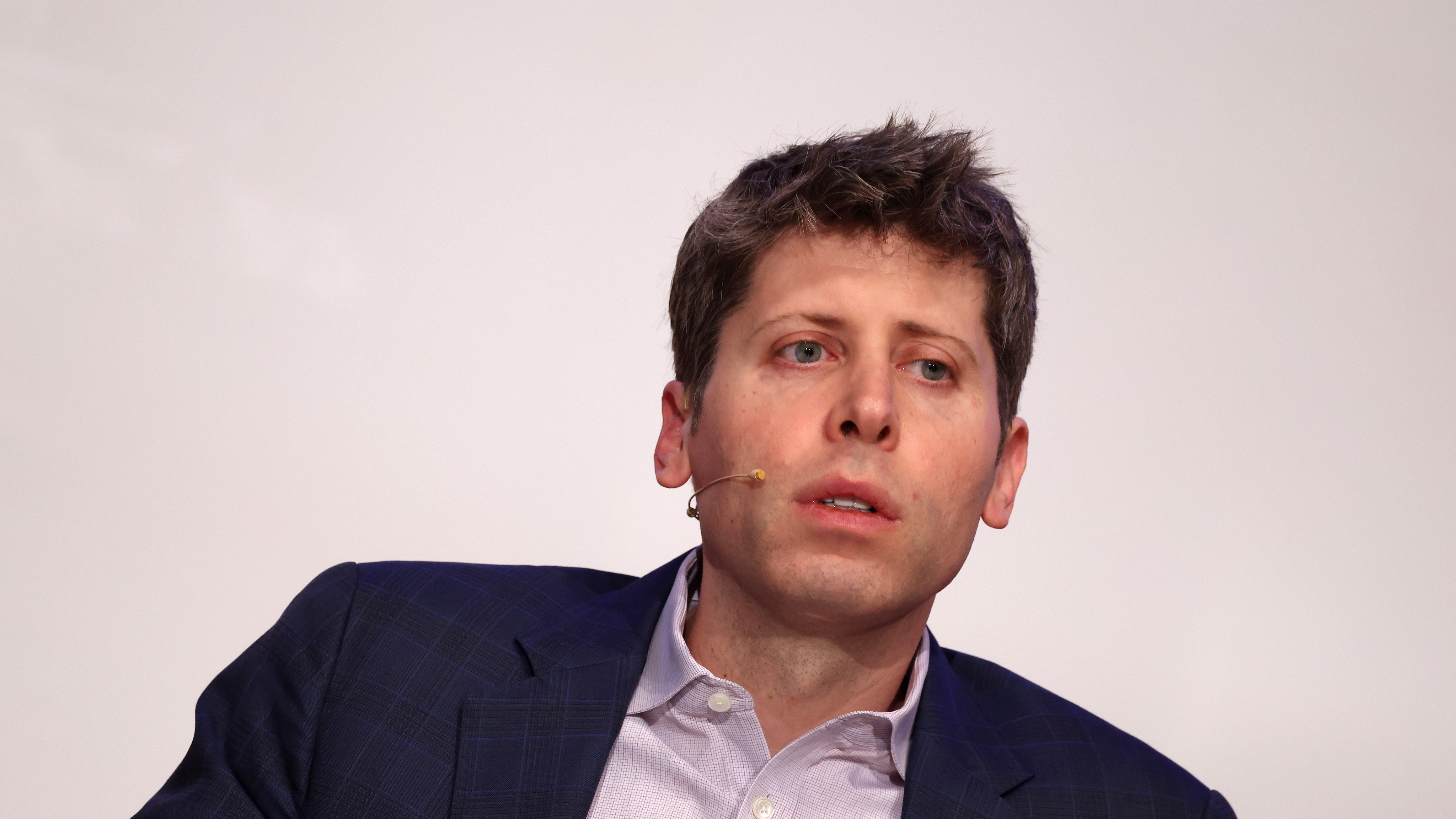 Manners cost nothing, unless you’re using ChatGPT
Manners cost nothing, unless you’re using ChatGPTOpinion Polite users are costing OpenAI millions of dollars each year – but Ps and Qs are a small dent in what ChatGPT could cost the planet
By Ross Kelly
-
 DeepSeek and Anthropic have a long way to go to catch ChatGPT: OpenAI's flagship chatbot is still far and away the most popular AI tool in offices globally
DeepSeek and Anthropic have a long way to go to catch ChatGPT: OpenAI's flagship chatbot is still far and away the most popular AI tool in offices globallyNews ChatGPT remains the most popular AI tool among office workers globally, research shows, despite a rising number of competitor options available to users.
By Ross Kelly
-
 ‘DIY’ agent platforms are big tech’s latest gambit to drive AI adoption
‘DIY’ agent platforms are big tech’s latest gambit to drive AI adoptionAnalysis The rise of 'DIY' agentic AI development platforms could enable big tech providers to drive AI adoption rates.
By George Fitzmaurice
-
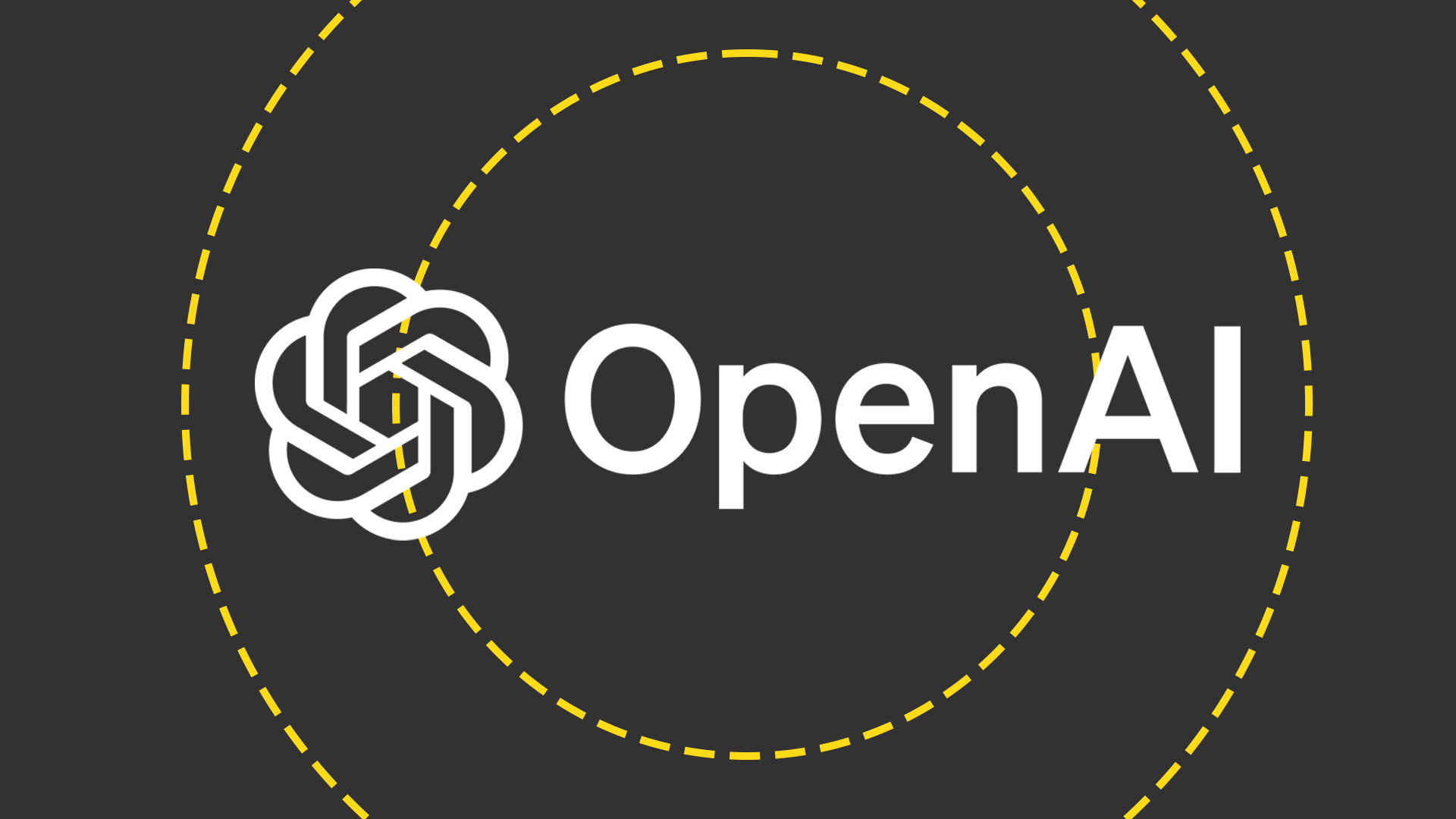 OpenAI wants to simplify how developers build AI agents
OpenAI wants to simplify how developers build AI agentsNews OpenAI is releasing a set of tools and APIs designed to simplify agentic AI development in enterprises, the firm has revealed.
By George Fitzmaurice
-
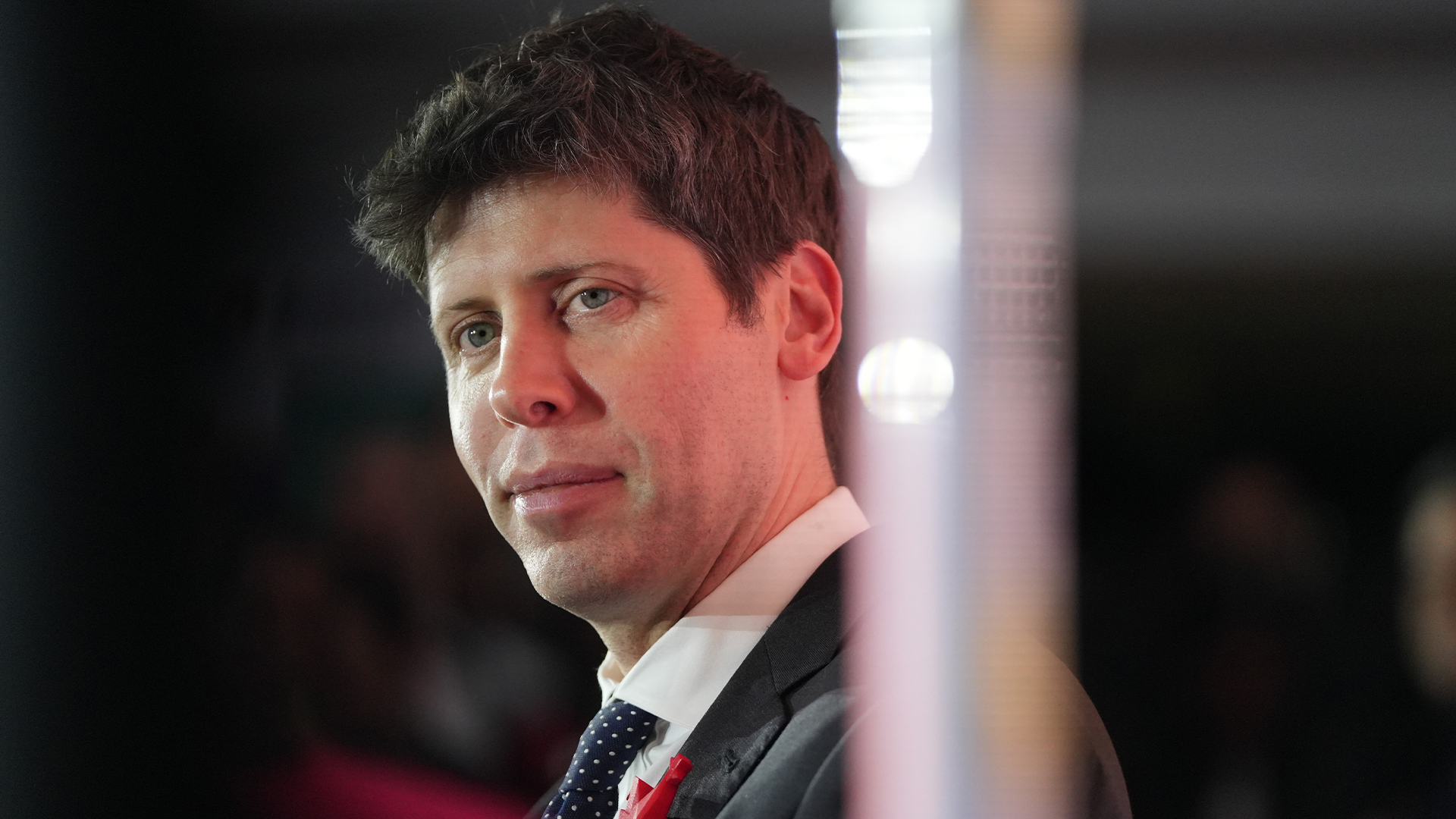 Elon Musk’s $97 billion flustered OpenAI – now it’s introducing rules to ward off future interest
Elon Musk’s $97 billion flustered OpenAI – now it’s introducing rules to ward off future interestNews OpenAI is considering restructuring the board of its non-profit arm to ward off unwanted bids after Elon Musk offered $97.4bn for the company.
By Nicole Kobie
-
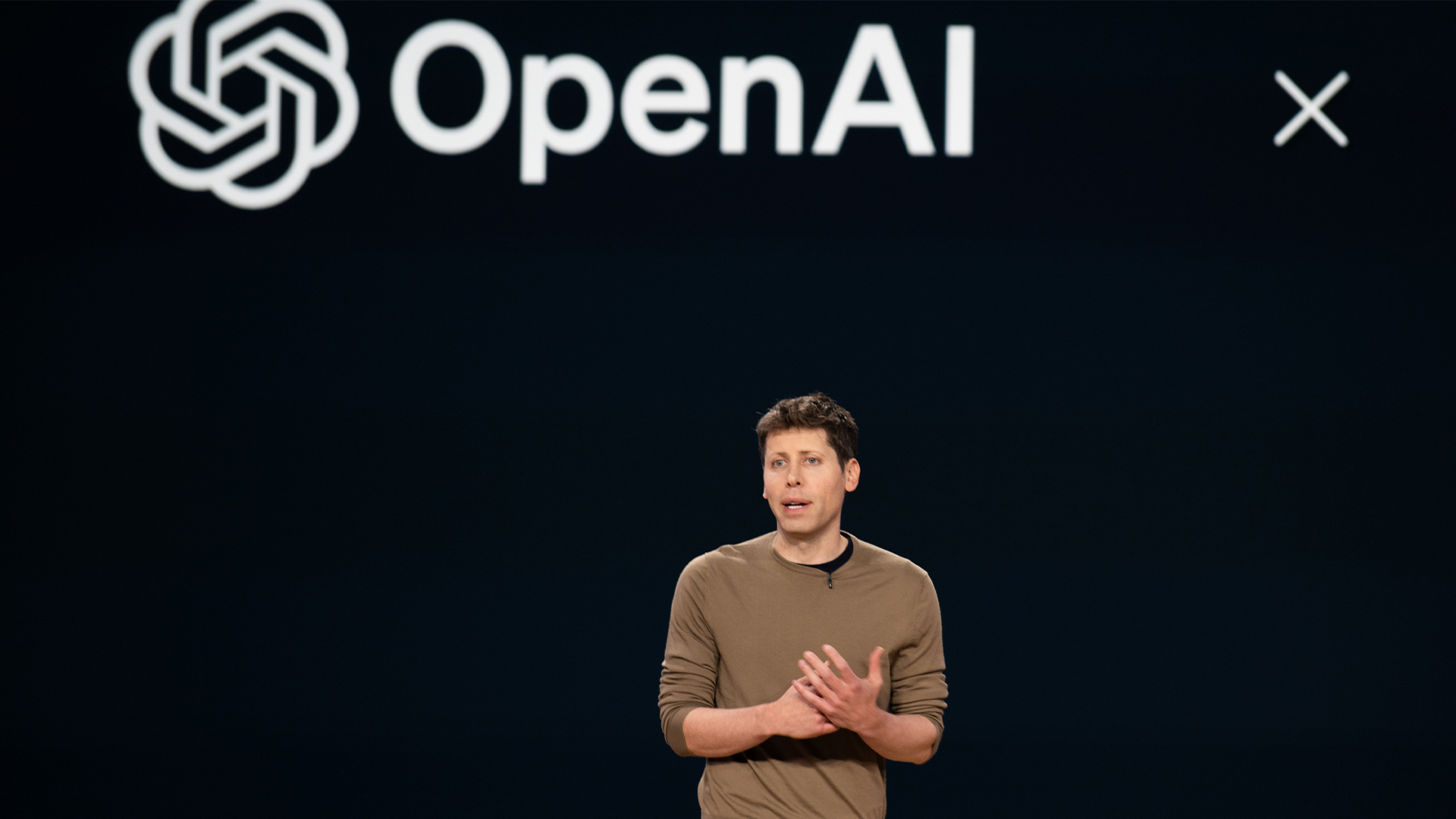 Sam Altman says ‘no thank you’ to Musk's $97bn bid for OpenAI
Sam Altman says ‘no thank you’ to Musk's $97bn bid for OpenAINews OpenAI has rejected a $97.4 billion buyout bid by a consortium led by Elon Musk.
By Nicole Kobie
-
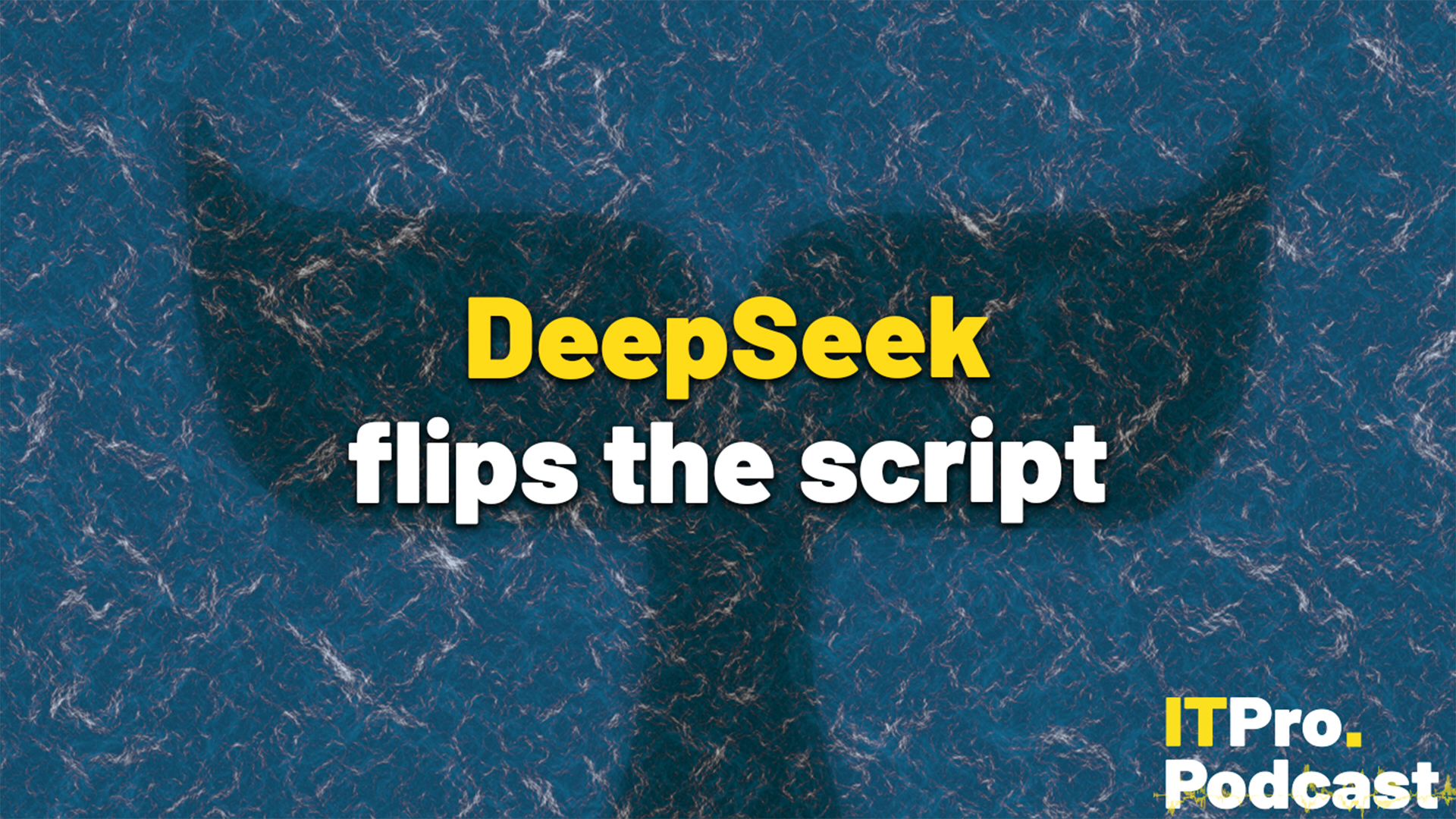 DeepSeek flips the script
DeepSeek flips the scriptITPro Podcast The Chinese startup's efficiency gains could undermine compute demands from the biggest names in tech
By Rory Bathgate
-
 SoftBank could take major stake in OpenAI
SoftBank could take major stake in OpenAINews Reports suggest the firm is planning to increase its stake in the ChatGPT maker
By Emma Woollacott
-
 DeepSeek accused of training its models on OpenAI’s content
DeepSeek accused of training its models on OpenAI’s contentNews OpenAI has accused Chinese AI startup DeepSeek of training its models on OpenAI's own proprietary models.
By George Fitzmaurice